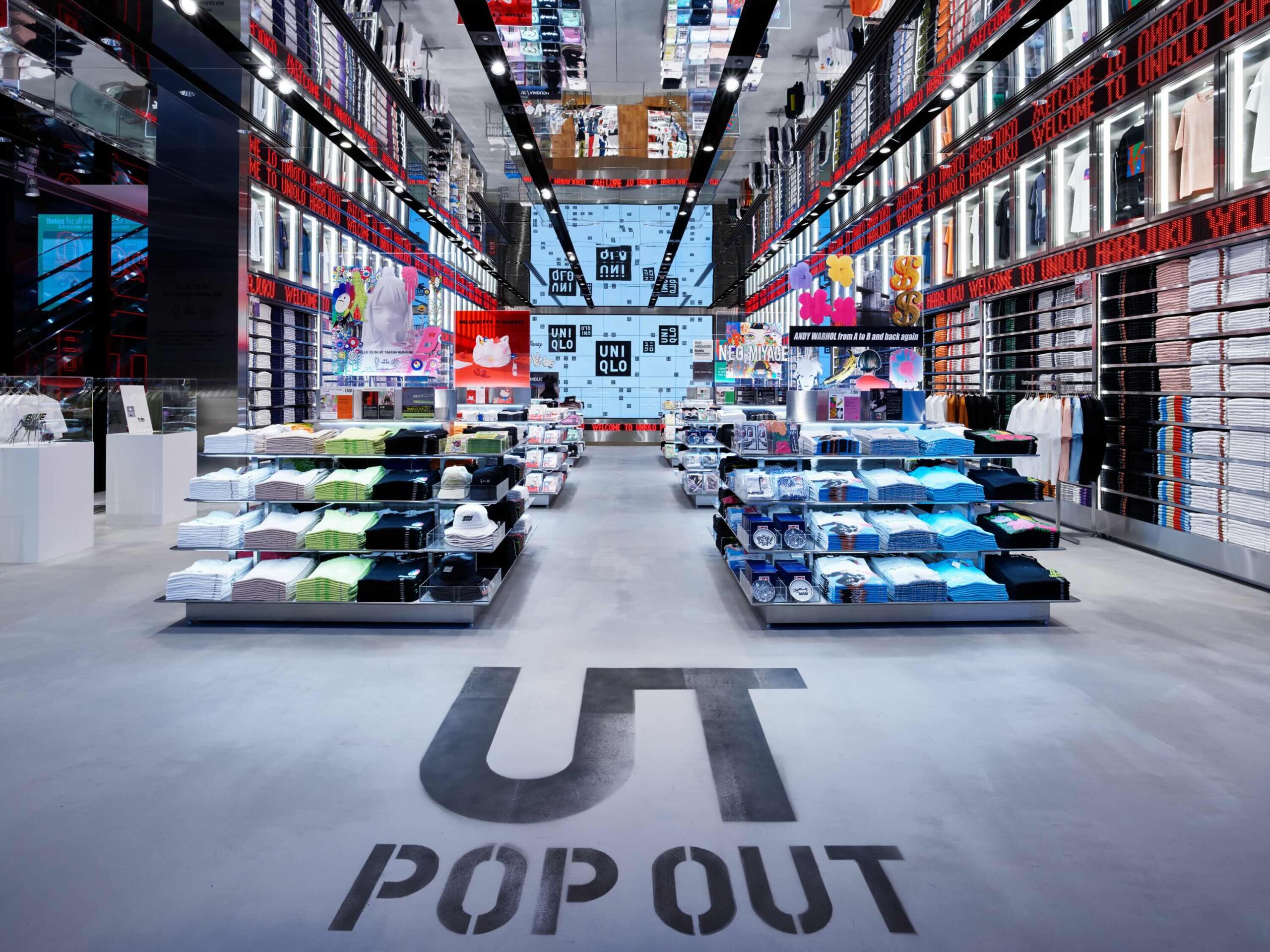Today sneakers go way beyond fashion or functionality; they signify who you are through the choices you make, Kanika Bhatia writes, explaining the significance of sneakers in perfecting fashion sense.
What came to light as a subculture is now exploding every vertical with the commercialization of hip-hop and the subtle rise of Beat culture in the 1950s and Punk in the 1970s.
Sneakers have the distinctive quality and edge to transcend borderline of gender, age, and socio-economic standing, positioning them as the footwear of choice for billions. Today sneakers go way beyond fashion or functionality; they signify who you are through the choices you make. 
What we do not often comprehend, things have changed rapidly. There were no mainstream sneaker blogs and the only time magazines showed love to sneakers were a few fashion features in your favorite hip-hop mag. Or maybe you got a peep of them in a music video or from a commercial, but that’s it. Sneakers weren’t pop culture—they were sub-culture.
Fast forward a few short years to the middle of the decade. The web was blowing up, social media was in its infancy, and a boom of sneaker culture emerged from the depths of the digital world. Brands became increasingly aware of the influence that these sites had on kids who had buying power.
There were always collectors, going back as far as sneakers have been around, but now these companies had a vehicle to reach the masses directly. What once was an underground street culture is a full-blown mainstream business. Rappers weighed in on the movement, becoming brand faces and starting their own lines and sneaker collaborations. It would set the tone for the way things are handled a decade later, for better or for worse.
Now, Twitter, Facebook, Snapchat, group texts, and YouTube all run the landscape. You can find out when a shoe releases in a small shop in any part of the world as quickly as you can learn that Kylie Jenner is about to drop a new product on her site. We are truly connected. With social media rising in popularity and big-budget commercials on the decline, the shoe game saw an influx of social media influencers. Send a guy a box and tell him to throw the product on Instagram. It’s the way the game is played now, and since it’s cost-effective, it’s unlikely that it will go away. 
We’ve seen something that we love change before our eyes. A decade ago, the scene was what it was: Emerging. You were doing something first and there was no precedent set before you. Today, there’s a generation of heads who have seen their older brothers, sisters, cousins, and parents turn to collecting. It’s hit the mainstream. Everyone is in on it—and what a time it is.
* Kanika Bhatia is the founder of luxury fashion brand Anome Couture













